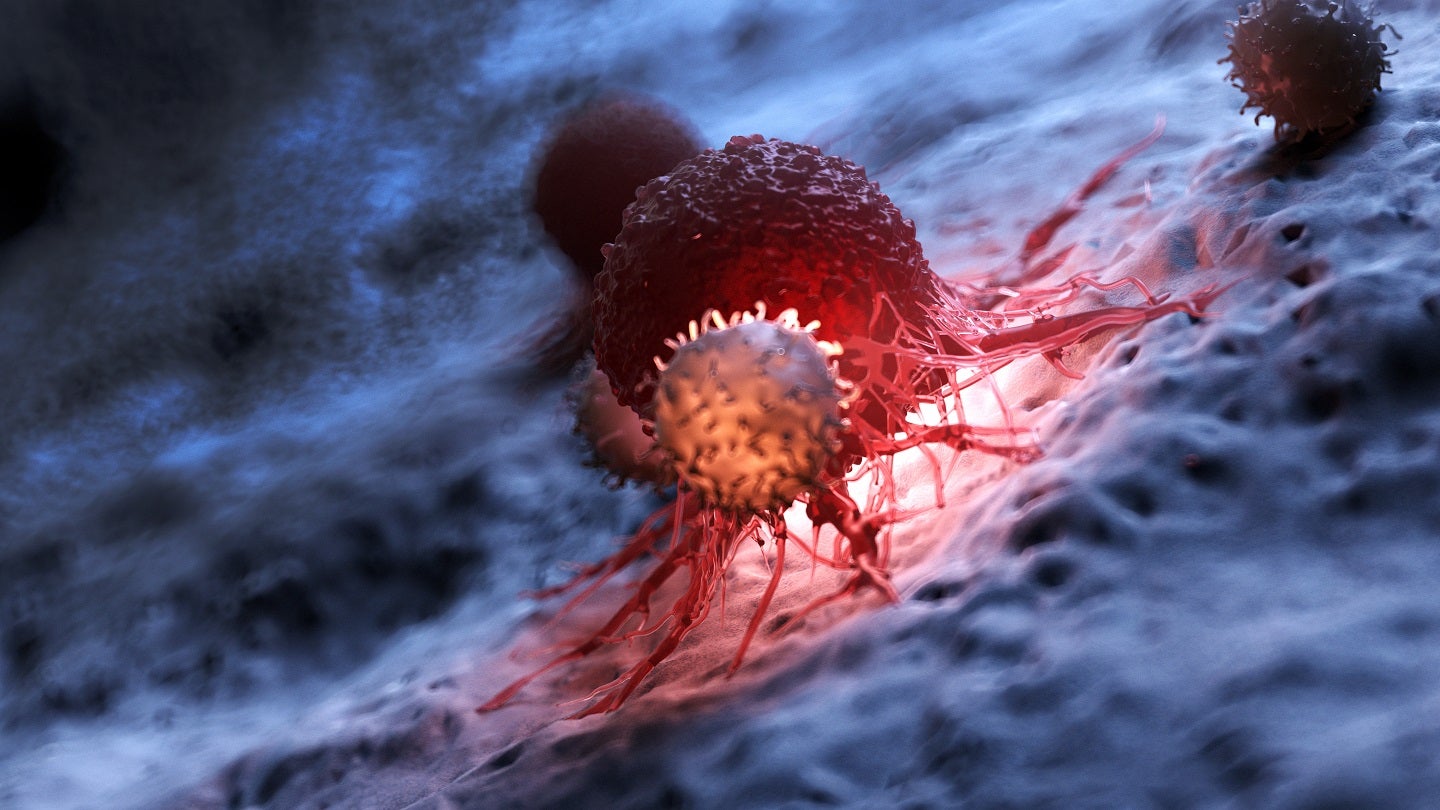
OSE Immunotherapeutics has reported positive results from the first-in-human Phase I/II study of OSE-279 to treat advanced solid tumours.
The dose escalation and expansion study intends to determine the maximum tolerated dose (MTD) and the recommended Phase II dose (RP2D) of an anti-PD1 monoclonal antibody OSE-279.

Discover B2B Marketing That Performs
Combine business intelligence and editorial excellence to reach engaged professionals across 36 leading media platforms.
In this study, OSE-279 will be evaluated as a monotherapy in advanced solid tumours with two possible administration rates.
Assessing antitumour activity, safety profile, pharmacokinetic (PK) and receptor occupancy or pharmacodynamic (PD) profile of OSE-279 are the secondary objectives of the study.
Thirteen patients with eight tumour types received OSE-279 100mg and 300mg every three weeks (q3w) or 600mg every six weeks (q6w).
The data, presented at the AACR-NCI-EORTC International Conference on Molecular Targets and Cancer Therapeutics held in Boston, showed a manageable safety profile with preliminary signs of efficacy in these patients.

US Tariffs are shifting - will you react or anticipate?
Don’t let policy changes catch you off guard. Stay proactive with real-time data and expert analysis.
By GlobalDataOne confirmed partial response was observed in hepatocellular carcinoma patients who received a single dose of OSE-279 300mg.
The study also reported two yet unconfirmed partial responses in anal squamous cell carcinoma and undifferentiated pleomorphic sarcoma patients who received OSE-279 600mg.
Furthermore, stable disease longer than 16 weeks was observed in three patients with a disease control rate of 55%.
Both PK and PD profiles were consistent with modelling and PK profile showed good exposure and dose-proportionality.
Besides, receptor occupancy was maintained and within the boundaries of the simulation.
OSE-279 blocks both PD-L1 and PD-L2, the ligands of PD1 overexpressed by tumour cells and tumour microenvironment.
The company’s pipeline also includes Tedopi, OSE-127, FR-104/VEL-101, and OSE-172/BI 765063.





